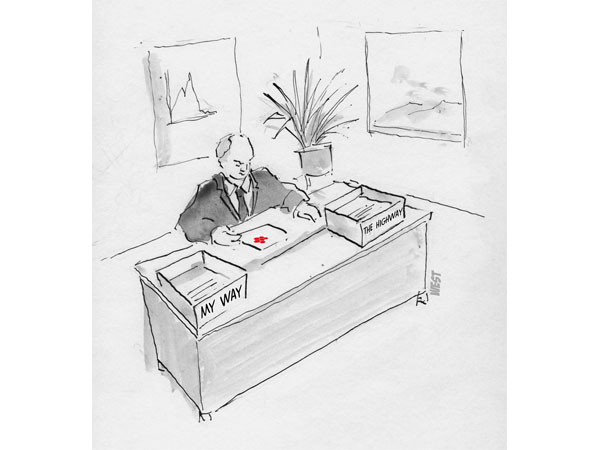If you’re the MD of an SME and don’t have time to read this article, then you definitely need to read it. Don’t worry – we’ll keep it short and to the point.
A common theme with SMEs is to have periods of stability then, due to success of one sort or another, they need to make rapid changes to keep up. A typical example starts with a long period of steady progress developing a first product, perhaps surviving mostly on grant or seed funding, followed by sudden changes caused by the first sizeable orders coming in, with the need to gear up for delivery.
The existing team may have been perfectly aligned with the company’s needs up to now. But suddenly it’s struggling to meet the developing needs of the business and increasingly on the back foot. The MD of course is at the centre of everything and is too busy firefighting to plan a way out. At a time when the business most needs a considered plan of action, no one has the time to create one.
Overload is a vicious circle – the more you are overwhelmed by events the less likely you are to step back and plan a way out. But if you don’t, it’s only going to get worse.
A fundamental driver is something you’ll find in every time management course – the difference between urgent tasks and important tasks. It’s a strange thing, but ‘Urgent’ tasks always seem more ‘Important’ than they usually are…
It’s easy to say this when all those urgent tasks have a deadline of ‘today’ or ‘Friday’ or ‘this month’. Whereas few things such as driving the direction of the business have any hard deadlines – and many of them are things that only the MD can do. The critical A-priority tasks have no immediate deadline, but they can’t wait, without the business suffering in the long term.
What to do? Three suggestions…
Step One
Squeeze some head space into your calendar. This requires some willpower, but whatever your typical working hours are in a week, put some of them aside to think. It could be an hour a day or half a day a week. Even an hour a week is better than nothing. Put it in your calendar and allow no exceptions. You probably want to be out of the office whenever you schedule these times, to avoid disturbance.
This quiet time you’ve created is exclusively for thinking about where you and the business are heading. Figuring out how to reduce your personal overload in a general sense is probably part of that, but the main task is working on a roadmap for the business to get it from where it is now to where your vision says it needs to be.
Step Two
Secondly, if you currently feel like the hub of a spoked wheel, with everything and everybody leading back to you, that needs fixing.
Your long-term ambition should be a business that runs itself day to day, particularly on the delivery (revenue-generation) side. Whether you provide services, manufacture products, integrate systems or run projects, the business should be a clockwork machine that operates largely without your intervention.
It’s your responsibility to create that machine and tweak it from time to time when it needs improvements. Think about the root causes of why it isn’t that way today. There may be many factors, including issues with process, technology, organisational structure, delegation, or individual team members – but one of the most important could well be the lack of an individual whose primary responsibility is to keep that clockwork machine running. Which takes us to the third recommendation.
Step Three
If you don’t have one already, you need a second in command. There are two ways to look at this role, so it could either be split between two people or rolled into one.
The first is the role as it is normally understood: the person who everyone goes to when you’ve made yourself unavailable or are otherwise out of reach. While this is an important function it is limited in scope, so there’s a more useful role you can define.
A really important role to fill is someone who makes sure the revenue-generation part of the business is running, and fixes issues if it isn’t. In larger companies this is often called the Head of Operations or COO. Whatever you call it, this needs to be an entirely tactical role, keeping the business on track in delivering its commitments to customers. Delegating the role of keeping the revenue-generating machine operating leaves you more time for leading the business forward and making sure the sales engine is working, which is where you are most needed.
There it is. I can guarantee that any time you step back from the fray of the business’s immediate problems, good things will come of it. If you only follow one of these recommendations, make it Step One – go on, do it now!
With thanks for the original article to Nicholas Hill.
If you’d like to discuss any of the issues in this article, email me at km@leaderslab.co.uk or call on 07801 259637.
